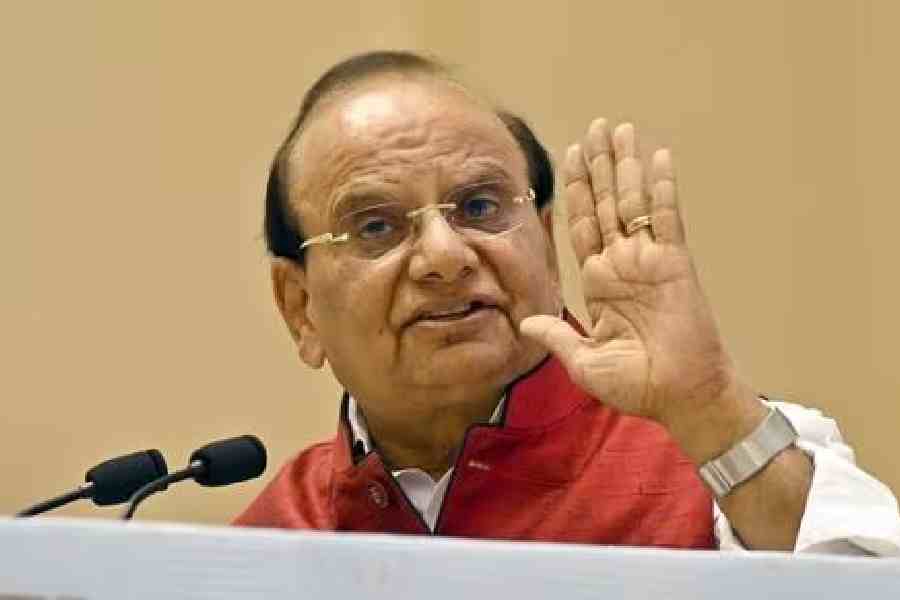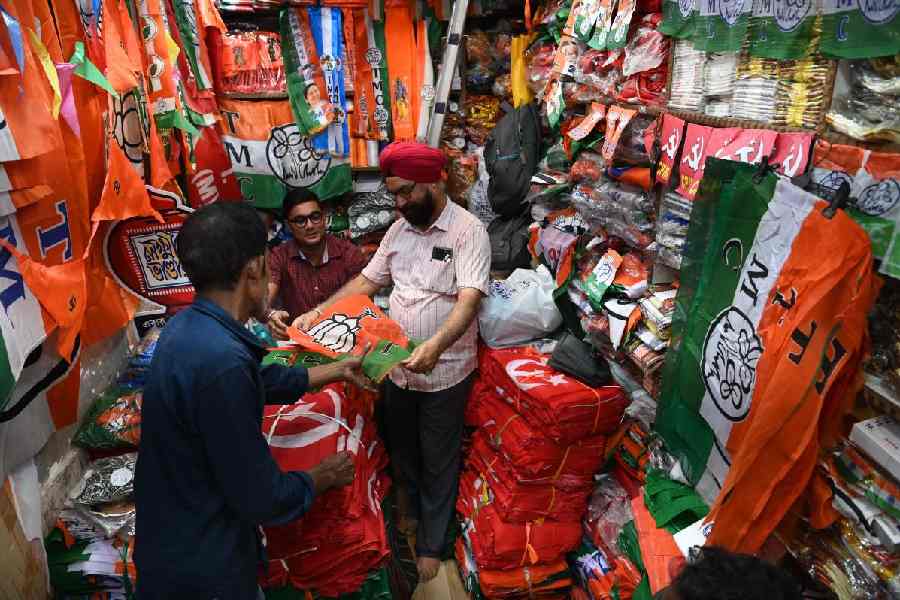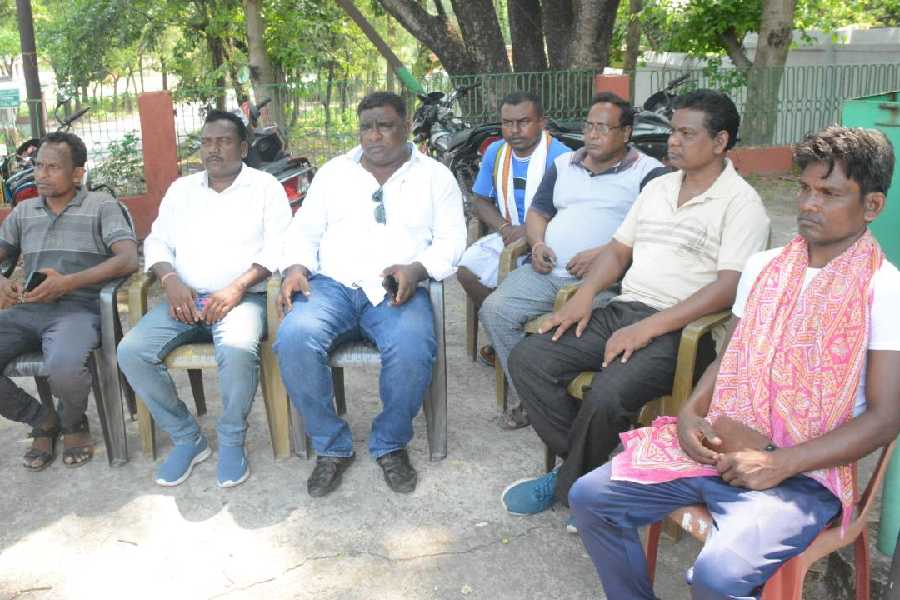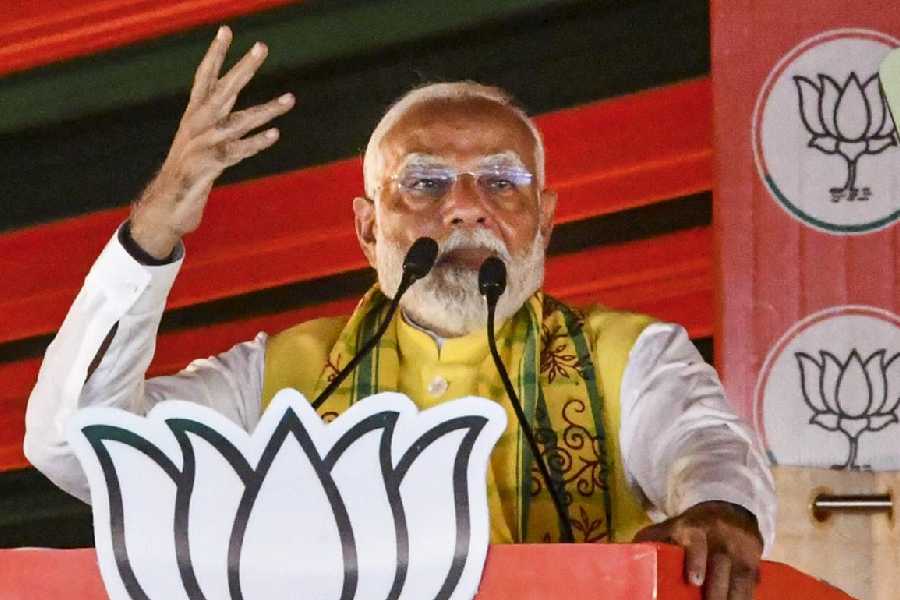Demands for reservation are complicated. But the Marathas’ demand for reservation in the other backward classes group in Maharashtra represents more complications than usual. The demand is three decades old. It was close to fulfilment under a former Devendra Fadnavis government, until the Supreme Court dismissed it reportedly because it overran the 50% limit on reservations and because the Marathas’ backwardness could not be adequately established. The Marathas are a dominant caste, comprising over 30% of the population. In Marathwada they were prosperous landowners, often socially and politically powerful. The present chief minister and one of his deputies are of that caste. Poor land and agrarian policies, however, lessened the Marathas’ prosperity, and there followed a decline in education and employability. Most Marathas in the western part of the state were poorer, confined to manual labour such as loading and unloading. This split further complicates the issue of reservation, suggesting that those championing policies for economic uplift have a point.
At present, the Marathas are demanding an overall OBC quota and a lifting of the 50% limit. The OBCs are firmly against this; the deputy chief minister, Mr Fadnavis, reassured them that the government would not make the OBC groups share their reservations with the Marathas. The state government suggested allowing quotas to Marathas with Kunbi certificates from the nizam era because Kunbis are OBCs. But this would mean further cracks. Kunbis strongly oppose this; more, this would only benefit certain Marathas in the east, leaving out the less prosperous members of the community in the west. The Kunbis worked on the land, and were considered ‘Shudras’. Marathas were ‘Kshatriyas’, but were called Kunbis in the nizam era if they laboured on land when Marathwada was part of the Hyderabad nizam estate. The government is in no easy dilemma. Granting the Marathas’ wish would have assured the ruling parties of a growth in their vote bank in the assembly elections. But accepting the Maratha demand for OBC status would turn all OBC groups against them, while encouraging similar demands in Maharashtra and its neighbouring states. As for lifting the 50% limit, that can only become possible, rationally and legally, after a caste census. Meanwhile, the Maharashtra government must try to glue together the growing cracks in the social fabric.










